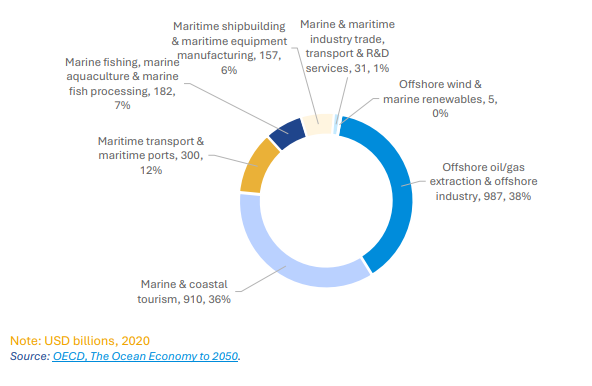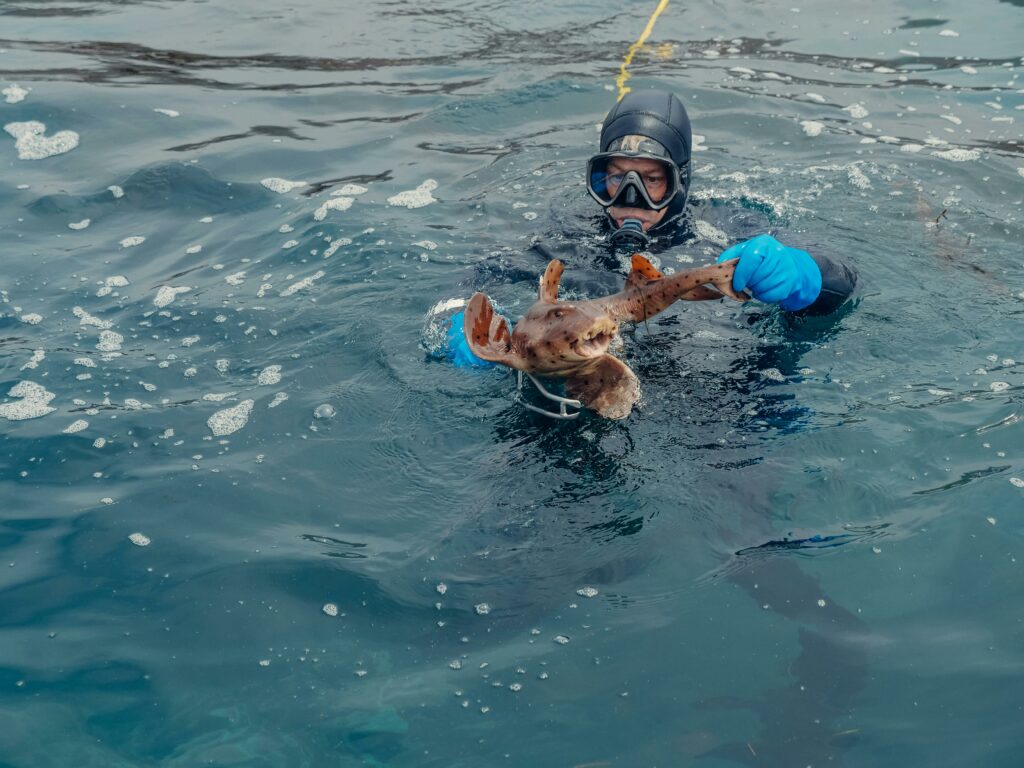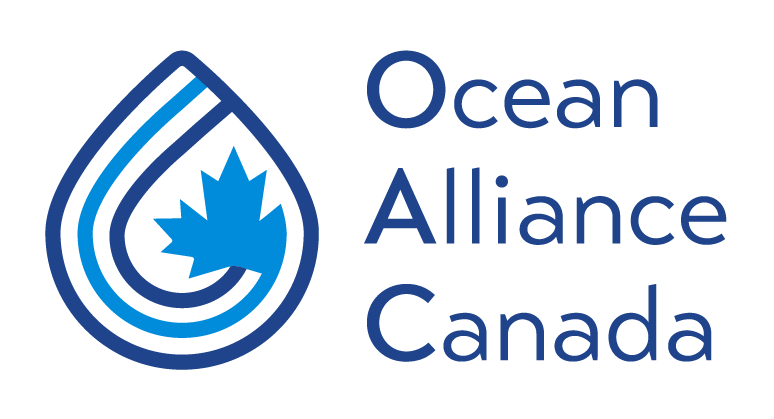Canada’s Blue Economy: Opportunities, Trends, and the Future of Work
Canada’s Blue Economy is rich in potential but underdeveloped compared to global leaders. This national research explores where growth is happening, which regions are leading, and how the workforce can adapt to seize emerging opportunities – backed by the latest data, trends, and insights.”
Key Insights
Growth Potential
The global Blue Economy is projected to reach US $5.1 trillion by 2050, doubling from 2020 levels
Canada’s Gap vs. Global
Canada’s Blue Economy accounts for just 1.2% of GDP and employment, well below the global average.
Five Key Growth Sectors
Energy, seafood, ocean technology, marine transport, and tourism are set to define Canada’s Blue Economy future.
Workforce Skill Shifts
Digital literacy, sustainability expertise, and cross-sector mobility are now essential for career growth in the Blue Economy.
Regional Leaders
BC dominates employment, Newfoundland & Labrador leads in GDP share, and Atlantic Canada specializes in fisheries and shipbuilding.
The Blue Economy is evolving and so are its career opportunities.
Growth Has Been Steady, But Still Anchored in Legacy Sectors
Since 1995, the global Blue Economy’s value has doubled, reaching US $2.6 trillion in 2020 with an annual growth rate of 2.8% – outpacing or matching global economic growth. Today, offshore oil and gas (38%) and marine & coastal tourism (36%) account for most of the output. While offshore wind and marine renewables currently make up a small share, they’ve grown fourfold since the mid-2000s thanks to major investments in renewable energy aimed at reducing fossil fuel dependence.


The Blue Economy is evolving and so are its career opportunities.
New technologies, climate imperatives, and sustainability goals are reshaping job demand across ocean industries. Traditional roles in extraction and mass tourism are giving way to careers in renewable energy, marine conservation, smart shipping, and data-driven ocean management.
In-demand roles include:
- Marine Engineers & Technicians
- Coastal Conservation Managers
- Marine Biotechnologists
- Data Analysts & AI Specialists
The future workforce will require a mix of technical expertise, environmental stewardship, and digital fluency to thrive in this changing landscape.


